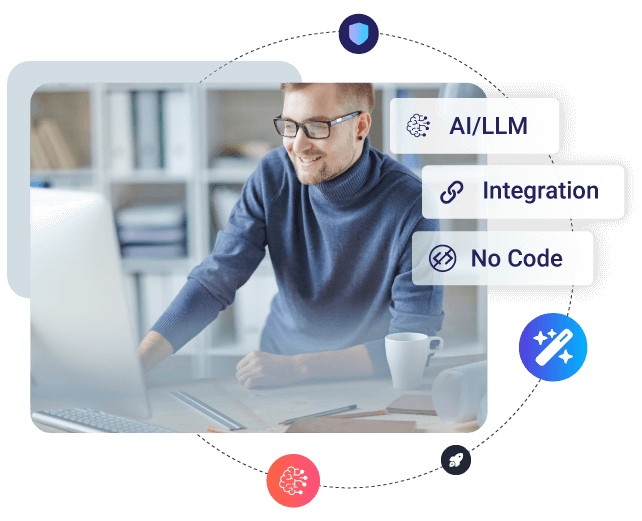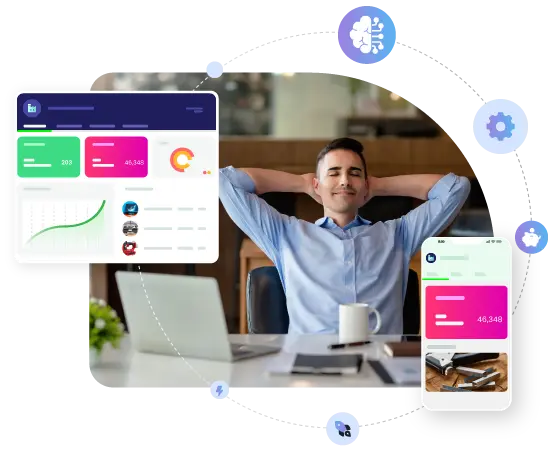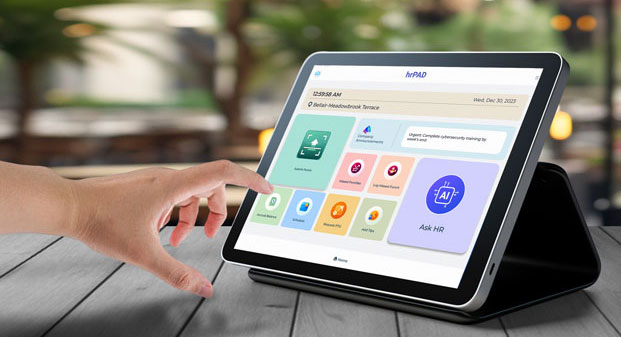How AI Can Prevent Workplace Bias: A Lesson from Goldman Sachs’s $215M Settlement
Goldman Sachs’s recent $215 million settlement for gender discrimination serves as a stark reminder of the risks companies face when workplace biases go unchecked. The case, which spanned over a decade, sheds light on the need for businesses to be proactive in addressing inequities within their workforce. This is especially true in the current landscape, where organizations must meet higher standards of accountability and fairness. But what if AI could be the key to preventing such issues in the first place?
The Goldman Sachs Case: A Pricey Wake-Up Call
In 2010, three former female employees sued Goldman Sachs, alleging a consistent pattern of gender bias, unequal pay, and a lack of promotions for women. By 2018, the case had grown into a class-action lawsuit representing over 2,800 women. The core of their claim? The bank’s performance review and compensation systems favored men, leading to significant disparities in pay and career progression.
Goldman Sachs denied the allegations but began addressing some of the issues raised, such as overhauling their performance review system and setting recruitment targets for women. However, the lawsuit eventually settled for $215 million, one of the largest discrimination settlements in U.S. history. In addition to the payout, Goldman agreed to external audits of their pay and promotion systems to ensure unbiased outcomes in the future.

How AI Can Help Prevent Workplace Bias
The Goldman Sachs settlement underscores the importance of fairness and transparency in HR practices. This is where AI platforms like CloudApper, can play a game-changing role.
AI can detect subtle patterns of bias that often go unnoticed by humans, analyzing performance reviews, pay scales, promotion rates, and even recruitment decisions in real time. By integrating AI into existing HR systems, companies can continuously monitor data for discrepancies and address issues before they escalate into legal battles.

For instance, CloudApper AI helps companies ensure that employees receive fair payment by accurately tracking work hours, overtime, and PTO, eliminating discrepancies in compensation. By automating recruitment processes, CloudApper AI reduces bias, ensuring a more objective approach to hiring based on qualifications rather than human subjectivity. Additionally, companies can leverage CloudApper to collect employee performance data and analyze the overall payment structure, ensuring compliance with fair pay practices. This proactive use of AI helps businesses foster a transparent and equitable workplace while reducing legal risks.
Seamless AI Integration with CloudApper
One of the biggest challenges businesses face when adopting AI solutions is ensuring that they integrate seamlessly with existing HR and HCM platforms. This is where CloudApper AI excels. It easily integrates with leading systems such as UKG, ADP, Workday, SAP, and more, providing real-time data syncing and ensuring that AI can work across the entire organization.
The platform automates time-consuming tasks like pay equity by collecting employee work hours, performance reviews, and compliance audits, allowing HR teams to focus on strategic goals rather than manual data reviews. With CloudApper AI, businesses can significantly reduce the risk of bias-related issues while increasing operational efficiency.

Avoid Costly Settlements with AI
The Goldman Sachs settlement is a costly reminder of what can happen when systemic bias goes unaddressed. However, by adopting AI-driven solutions like CloudApper, companies can identify and resolve these issues before they result in legal or reputational damage. As AI continues to evolve, it will become an essential tool for companies striving to build fair, inclusive, and transparent workplaces.
In an era where workplace equity is not just a moral obligation but a business necessity, the power of AI could be the key to avoiding costly mistakes and fostering long-term success.













